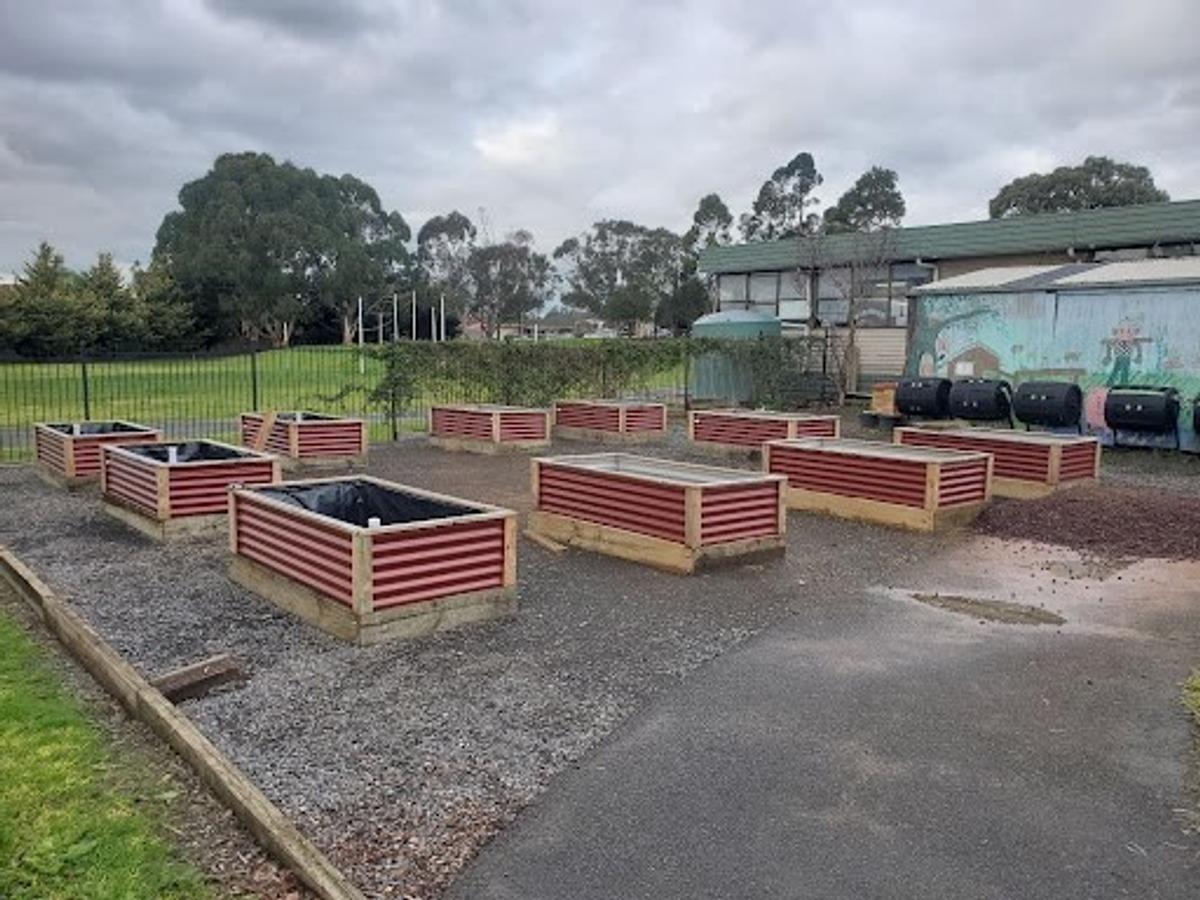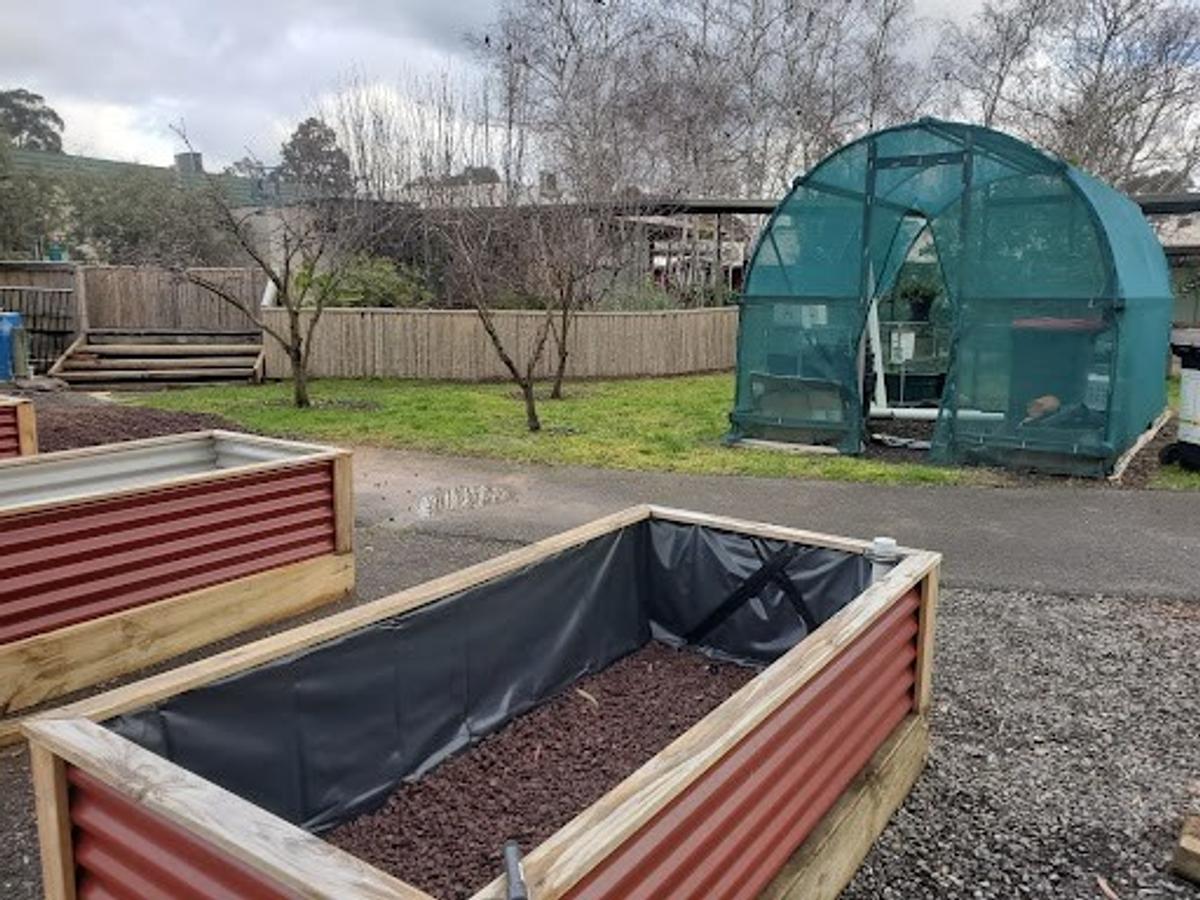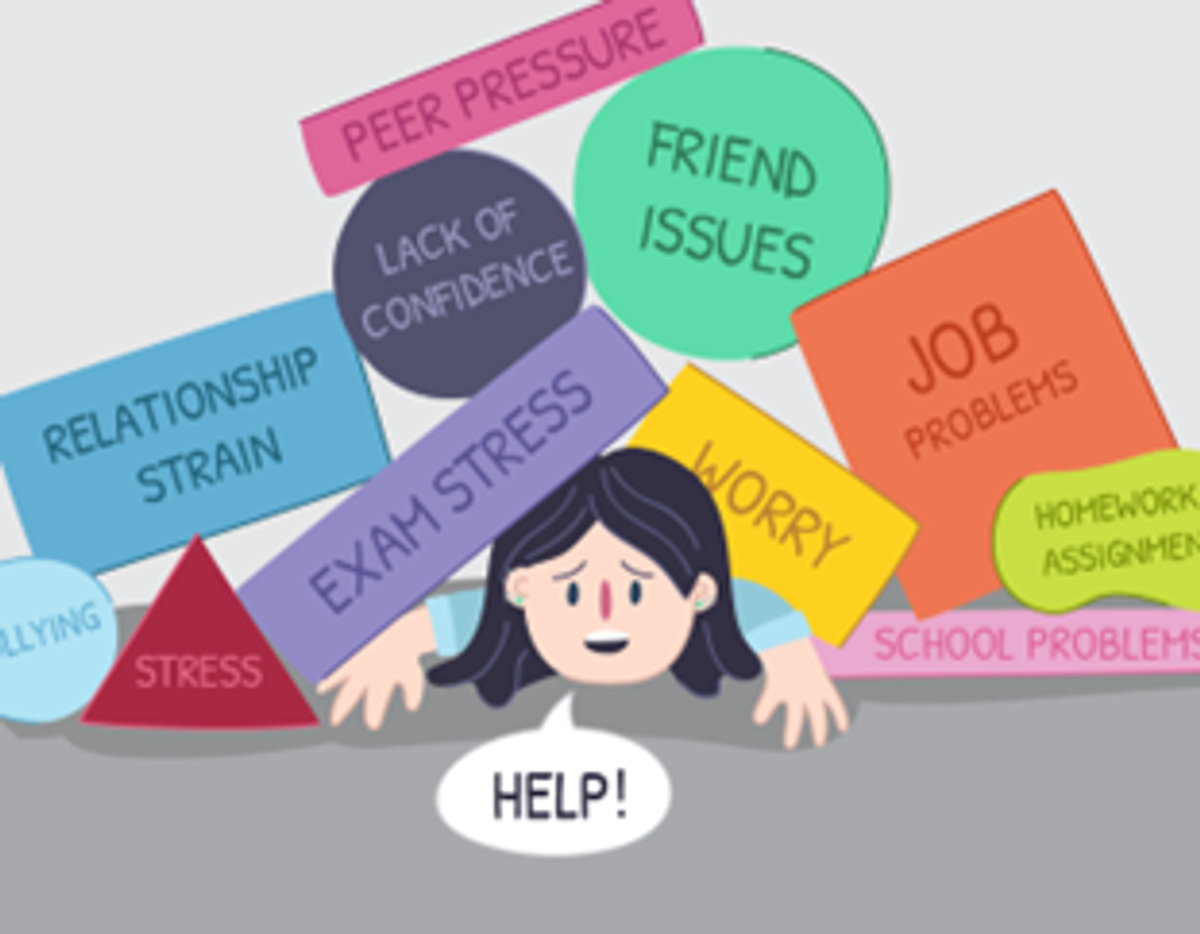Wellbeing & Culture

In November 2009, the UN General Assembly declared that July 18th, Nelson Mandela’s birthday, would be known as “Nelson Mandela International Day,’ in recognition of the former South African President's contributions to a culture of peace and freedom. The focus of the day is ensuring food security to fight poverty.
The global theme for 2022 is, “Do what you can, with what you have, wherever you are.”
At CHPS, we work towards being the “I” in KIND. As Primary School students we can follow our school values of Integrity, Care and Compassion, Respect, Resilience and Responsibility to help make our school community a place where everyone feels safe and cared for.
We are also in the process of updating our School Farm. Mr Crook has been very busy in the Vegetable Garden, preparing the wicking beds for soil and planting of winter vegetables like cauliflower, cabbages, broccoli, garlic, shallots and more.
https://www.mandeladay.com/pages/what-can-i-do
Respectful Relationships- Topic 6- Help Seeking
This term in Respectful Relationships, all levels are completing Topic 6, Help-Seeking.
Children can experience all kinds of challenges as they grow and develop. The help-seeking behaviours of children are fundamental to their mental health and wellbeing. Encouraging and fostering help-seeking behaviours is one way to improve mental health and wellbeing. It is important to work with students to make sure they are aware about help-seeking avenues and confident to seek help from an appropriate source when needed.
Students are more likely to seek help from teachers they feel they can trust, and who they find to be friendly and non-judgemental, based on the way those teachers teach them.
Why teach Help-Seeking?
- Help-seeking is a coping strategy that involves seeking technical, instrumental, social or emotional support from other people.
- Help-seeking behaviour of children and young people is fundamental to their mental health and wellbeing.
- Encouraging and fostering help-seeking behaviours through school-based programs is one way to improve their mental health and wellbeing
Rickwood et al. 2005
Help-Seeking Patterns
- Young people are more likely to use informal (friends, internet) rather than formal (teachers, counsellors) sources of help, even with serious problems
- Females seek help more readily than males
- Males are more likely to seek help from parents than from other sources
(Rickwood et al. 2005; Kuhl, Horlick & Morrisey 1997)
Common Barriers to Help-Seeking
- lack of trust in others
- fear of burdening others
- fear that situation will become worse if known
- shame
- embarrassment
- guilt
- believing one should cope on one’s own
- lack of knowledge about support services available
- inaccessible services
- lack of culturally appropriate services
(Rickwood et al. 2005)
Kelly Gommers




